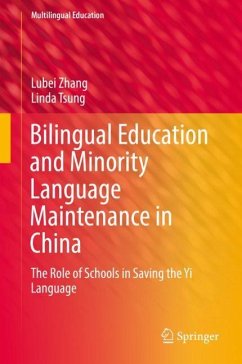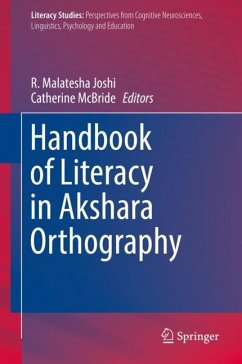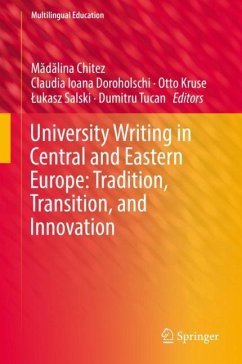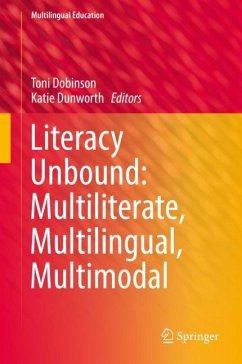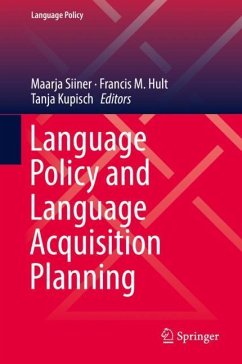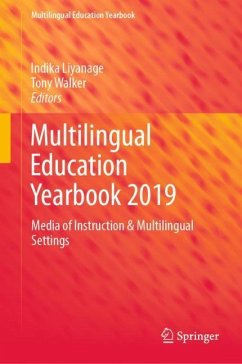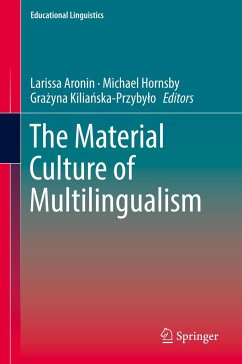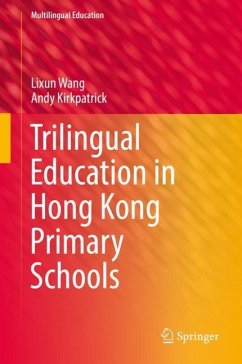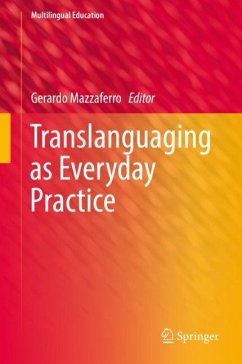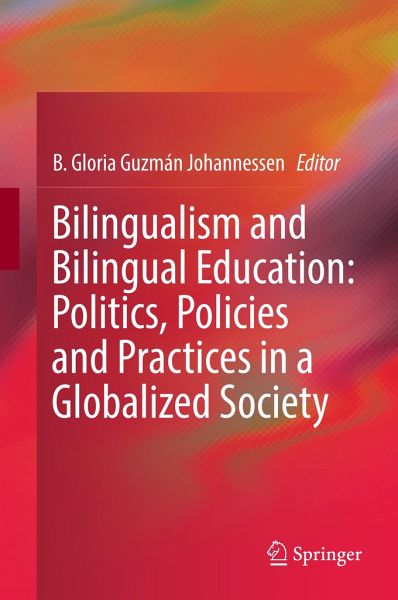
Bilingualism and Bilingual Education: Politics, Policies and Practices in a Globalized Society

PAYBACK Punkte
53 °P sammeln!
This volume presents a multinational perspective on the juxtaposition of language and politics. Bringing together an international group of authors, it offers theoretical and historical constructs on bilingualism and bilingual education. It highlights the sociocultural complexities of bilingualism in societies where indigenous and other languages coexist with colonial dominant and other prestigious immigrant languages. It underlines the linguistic diaspora and expansion of English as the world's lingua franca and their impact on indigenous and other minority languages. Finally, it features mod...
This volume presents a multinational perspective on the juxtaposition of language and politics. Bringing together an international group of authors, it offers theoretical and historical constructs on bilingualism and bilingual education. It highlights the sociocultural complexities of bilingualism in societies where indigenous and other languages coexist with colonial dominant and other prestigious immigrant languages. It underlines the linguistic diaspora and expansion of English as the world's lingua franca and their impact on indigenous and other minority languages. Finally, it features models of language teaching and teacher education.
This book challenges the existent global conditions of non-dominant languages and furthers the discourse on language politics and policies. It does so by pointing out the need to change the bilingual/multilingual educational paradigm across nations and all levels of educational systems.
This book challenges the existent global conditions of non-dominant languages and furthers the discourse on language politics and policies. It does so by pointing out the need to change the bilingual/multilingual educational paradigm across nations and all levels of educational systems.





